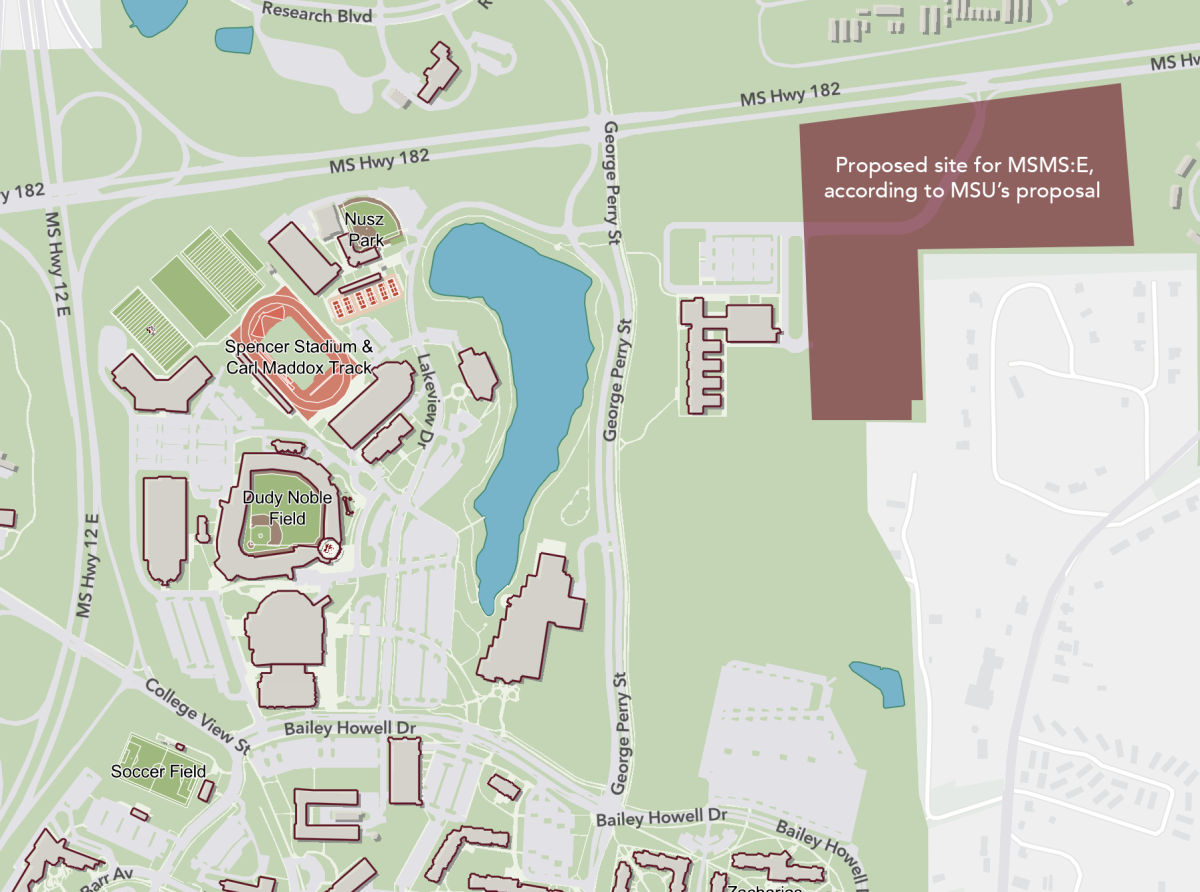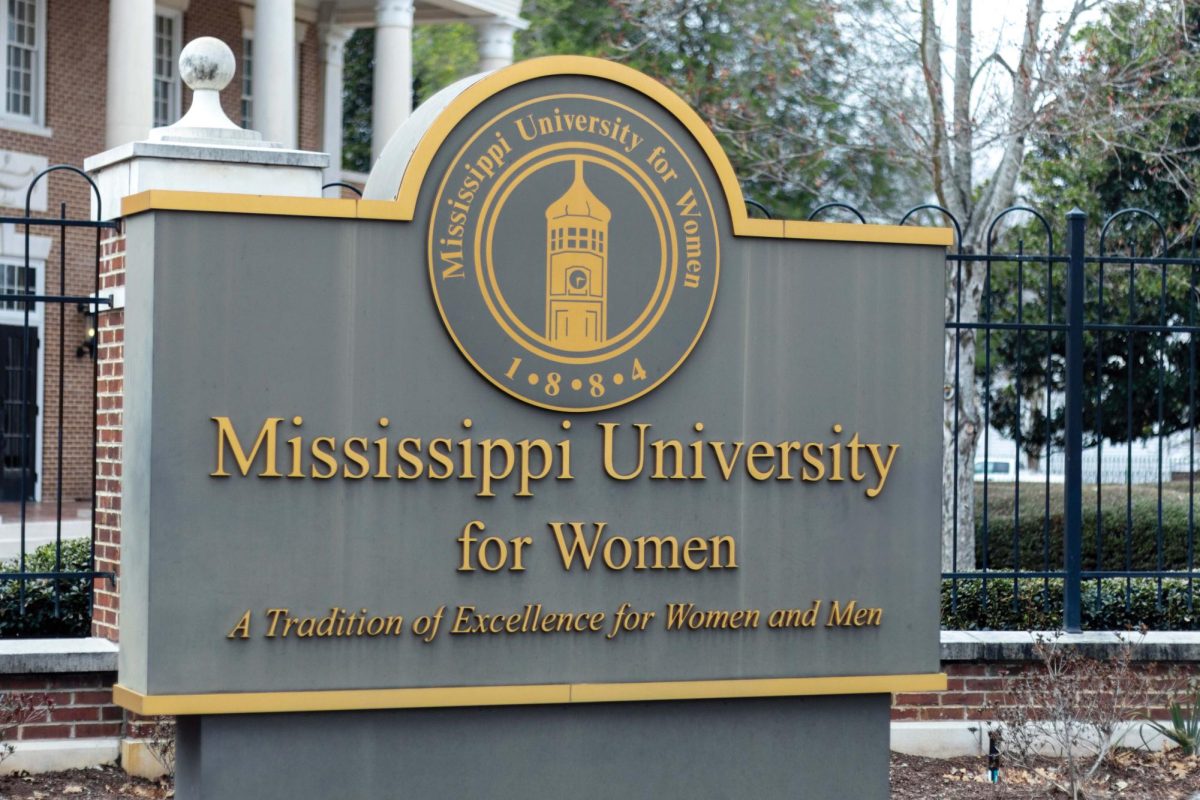The Mississippi House of Representatives passed a bill regarding enhanced concealed weapon owners carrying on public property, including universities. The bill will provide the legal grounds to sue if enhanced licensees’ rights are infringed.
House Bill 1083 passed by a vote of 80-29 on Wednesday and the Senate will soon considered it.
Mississippi State University’s official policy prohibits students, faculty and visitors from possessing a firearm in certain locations such as residence halls, Humphrey Coliseum, Davis Wade Stadium and Mitchell Memorial Library.
Other locations include: academic buildings, fraternity & sorority housing; Sanderson Recreation Center; Longest Student Health Center; College of Veterinary Medicine Animal Health Center; Child Development Center; Aiken Village Preschool; University Television Center; and any research centers.
However, this policy could to be in violation of the 2011 HB 506, which greatly expanded Mississippi resident’s ability to conceal carry.
According to HB 506, advanced concealed weapon owners are permitted to carry in schools, elementary through university, in courthouses, except in courtrooms during a judicial proceeding and a myriad of other once-restricted places.
MSU President Mark Keenum responded in a statement explaining MSU’s policy is in accordance with Mississippi’s current gun laws, because the Mississippi Board of Trustees of Institutions of Higher Learning determined classrooms and residences halls are not “public property.”
“We have a fundamental responsibility to protect our students, faculty, staff and visitors to our campus,” Keenum said. “In recent years, the Mississippi Board of Trustees of Institutions of Higher Learning adopted policies to allow concealed weapons into ‘public’ venues on campus, but has not allowed firearms into areas determined ‘non-public,’ such as classrooms and residence halls.”
Glenn Boyce, Mississippi commissioner of higher education, said in a press release, HB 1083 not only jeopardizes student and staff safety but also undermines the university’s and local law enforcement’s ability to enforce policies on campuses.
“The safety of students, faculty, staff and visitors on our university campuses is a top priority for the Board of Trustees and University leaders,” Boyce said. “HB 1083 compromises our ability to protect and ensure the safety of those on our campuses because it nullifies and prohibits any policies and/or authority to designate sensitive areas of campus where weapons should not be allowed.”
As it currently stands, HB 1083 is a bill to provide legal protection to the 67,144 Mississippi residents who are licensed enhanced weapon carriers.
The principal author of HB 1083, Rep. Andy Gipson (R) of District 77 (Rankin, Simpson) said this is not an amendment to the preexisting concealed carry law, but a preemptive step to avoid damaging litigation.
“House Bill 1083 makes no substantive changes to the enhanced concealed carry law,” Gipson said. “The primary advantage is establishment of a non-litigation process to resolve illegal gun bans that violate the statutory rights of Mississippi citizens.”
Gipson explained if a public establishment prohibits a registered enhanced concealed carrier, it is within the gun owner’s rights to report the incident to the Mississippi Attorney General’s office.
“Aggrieved ‘enhanced concealed carry’ licensees can challenge an arguably illegal rule, have the Mississippi Attorney General review the rule, and, if deemed illegal, the agency has up to 30 days to correct the rule,” Gipson said. “Only if the agency refuses to conform to the law may the individual sue for declaratory or injunctive relief. I was recently made aware of major pending litigation against the universities for violating the enhanced concealed carry law. If HB 1083 passes, the litigation can be avoided.”
Rep. Rob Roberson (R) of District 43 (Oktibbeha, Winston) explained while the bill was drafted with good intentions, the issue should be up to the university’s policy.
“I do not like voting against the NRA, however, there are places in this world we do not need to have guns,” Roberson said. “I think our gun rights are very important, and I think Dr. Keenum respects that. However, I think it is telling when there are certain games where you can’t walk in with a cowbell, but now we are going to allow people to walk in with a pistol, that is a peculiar dynamic in my mind.”
Southeastern Conference Commissioner Greg Sankey said should HB 1083 pass, it will cause a ripple-affect throughout SEC play.
“If HB 1083 is adopted to permit weapons in college sports venues, it is likely that competitors will decline opportunities to play in Oxford and Starkville, game officials will decline assignments, personal safety concerns will be used against Mississippi’s universities during the recruiting process and fan attendance will be negatively impacted,” Sankey said.
Sankey also referred to a similar instance, which occurred last year in Arkansas, where the Arkansas Legislature proposed to allow guns in all sporting events.
“When similar laws have been introduced in the past, the SEC office has received clear statements of concern from our member universities due to safety concerns associated with the passage of such laws intended to allow weapons at our athletic events and sports venues,” Sankey said.
A week after the initial amendment, the Arkansas Legislature approved a measure to exempt sporting events from their new concealed carry law, prohibiting guns in stadiums.
However, Gipson said he does not feel the two cases are similar, and should not be used to evaluate one another.
“I suppose anything is possible, but I doubt it,” Gipson said. “Unlike Arkansas, HB 1083 is not a new law. It is just a new process to challenge illegal bans. Unlike Arkansas, 67,144 law-abiding Mississippi citizens currently have the right to campus carry, because they paid their license fees and received the required firearm training.”
Gun law affects MSU campus
0
Donate to The Reflector
Your donation will support the student journalists of Mississippi State University. Your contribution will allow us to purchase equipment and cover our annual website hosting costs.
More to Discover


















